Optimal Seasons for Masonry Work
Masonry service is most effective when performed during specific times of the year to ensure optimal results and durability. The ideal seasons for masonry work are typically spring and early fall, when weather conditions are moderate and conducive to curing and setting materials properly. Extreme cold or heat can impact the quality of masonry projects, making timing an important consideration.
Spring offers moderate temperatures and lower humidity, which help masonry materials cure evenly. This season allows for longer workdays and better conditions for outdoor projects.
Fall provides cooler temperatures and stable weather, reducing the risk of rapid drying or freezing that can compromise masonry work. It is a popular time for sealing and finishing projects.
Summer heat can cause rapid drying and cracking, while winter cold can lead to frost damage. Scheduling masonry services during milder months minimizes these risks.
Local climate patterns influence optimal timing. In Maryland, spring and fall are generally best, avoiding the extremes of summer and winter.
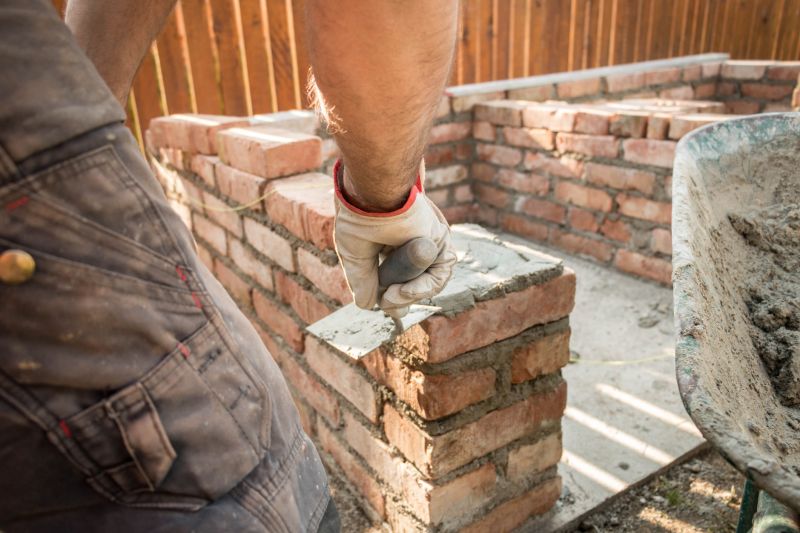
A mason working on a brick wall during springtime, with moderate weather conditions.
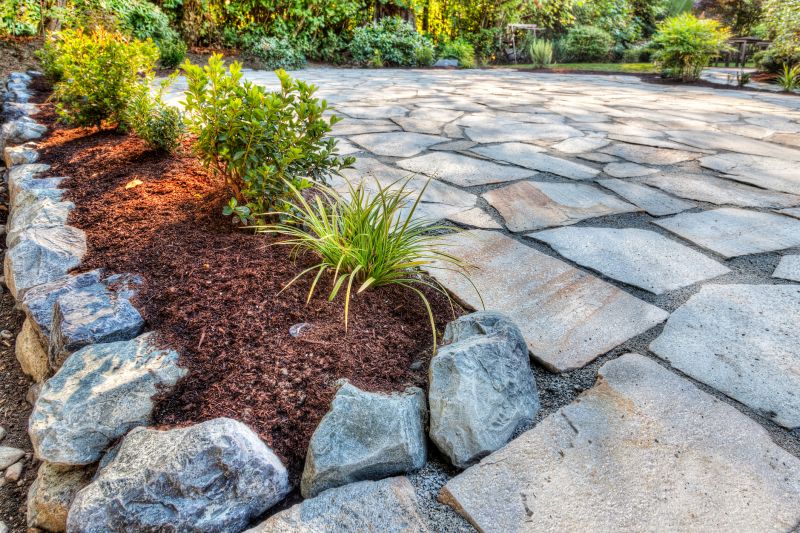
A completed stone pathway in fall, showcasing optimal curing conditions.
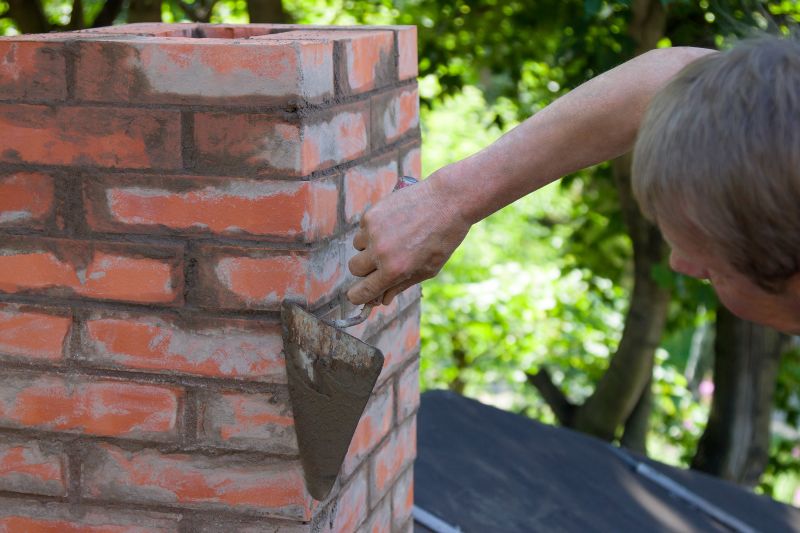
Masonry work in mild weather, reducing risks of cracking and frost damage.
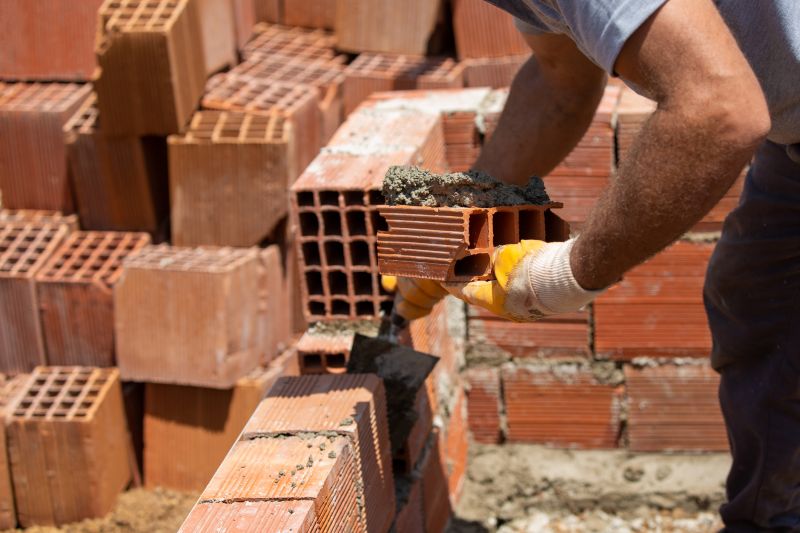
A mason performing work outdoors during Maryland's favorable climate months.
| Season | Ideal Conditions |
|---|---|
| Spring | Moderate temperatures, low humidity, ideal for curing and setting. |
| Summer | High temperatures and humidity may cause rapid drying and cracking. |
| Fall | Cooler temperatures, stable weather, suitable for sealing and finishing. |
| Winter | Frost and freezing temperatures can damage masonry materials. |
| Late Fall | Transition period, best to avoid heavy masonry work. |
| Early Spring | Good for starting projects before extreme weather arrives. |
Masonry service involves the construction and repair of structures using materials such as brick, stone, and concrete. Proper timing ensures that materials cure correctly, which is essential for the longevity and stability of masonry structures. Weather conditions directly influence the curing process; for instance, excessive heat can cause rapid drying leading to cracks, while freezing temperatures can prevent proper setting or cause frost damage.
Statistics indicate that scheduling masonry projects during optimal seasons can extend the lifespan of structures by several years. Properly timed work reduces the need for repairs and enhances the aesthetic appeal of masonry features. Local climate patterns, especially in Maryland, favor spring and fall for these reasons, making timing a key factor in project planning.
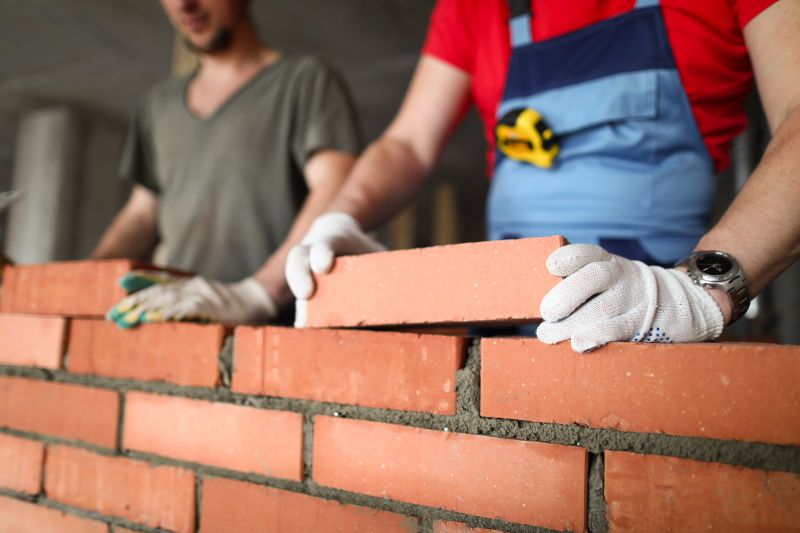
A mason working on a brick wall during spring.
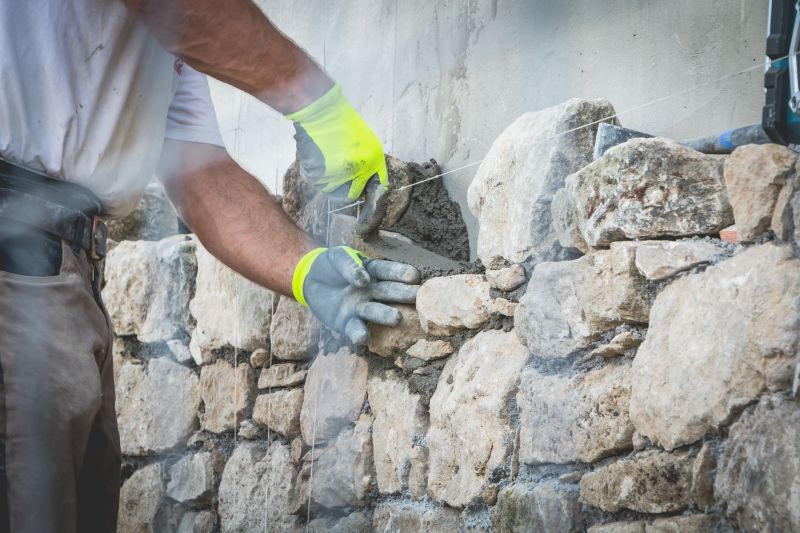
Completed stonework in autumn conditions.
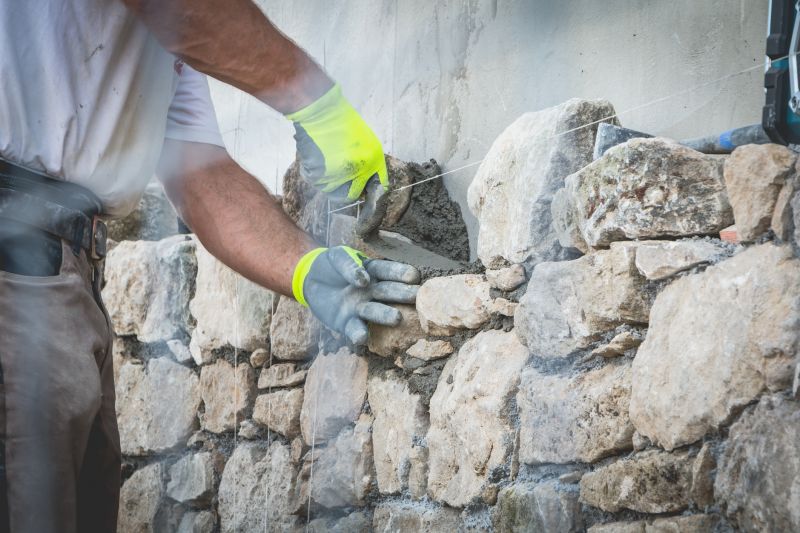
Masonry in mild weather, ensuring quality work.

Outdoor masonry project in Maryland's favorable months.
Interested in scheduling masonry services? Filling out the contact form can help determine the best timing for specific projects and ensure optimal results. Proper planning based on seasonal conditions can contribute to the durability and appearance of masonry structures in Odenton, MD.
